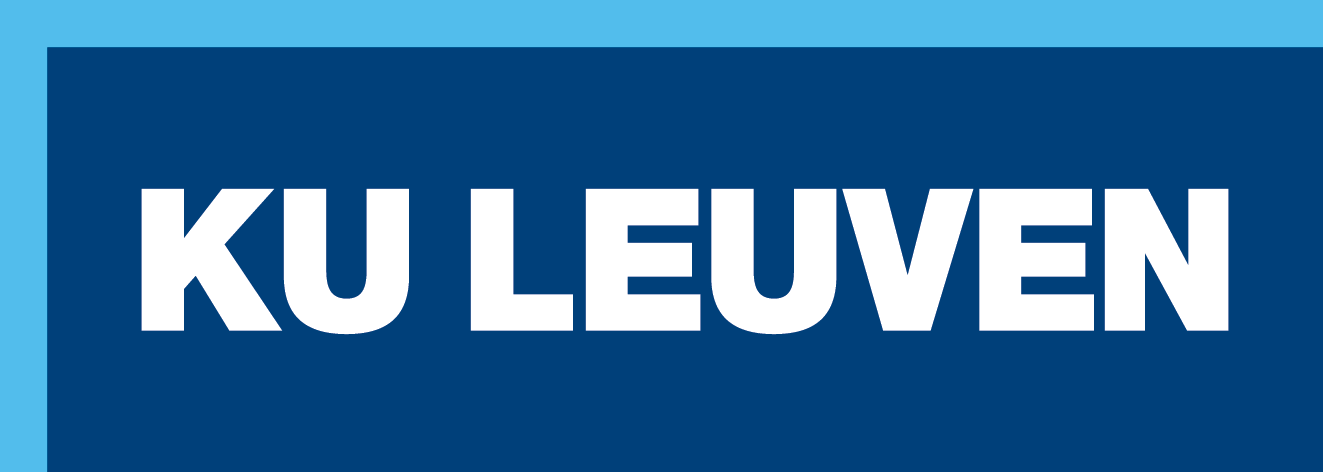KU Leuven Joins the iRODS Consortium

The iRODS Consortium, the foundation that leads development and support of the integrated Rule-Oriented Data System (iRODS) data management software, welcomes KU Leuven as its newest Consortium member.
As one of Europe's oldest universities, Belgium's KU Leuven boasts a long tradition of ground-breaking research and high quality education. With a new Research Data Management program, the university aims to accelerate science and innovation by enabling scientists to more effectively and efficiently find, access, share, and reuse data.
iRODS is free open source software for data virtualization, data discovery, workflow automation, and secure collaboration used by research and business organizations around the globe. iRODS allows users to catalog all of their data and metadata into a unified namespace, and then automate their data management through an integrated rules engine.
"With a strong history of supporting the management and reuse of scientific data at universities in Europe and around the world, iRODS is well positioned to provide a framework for KU Leuven's ambitious research data management initiative," said Jason Coposky, Executive Director, iRODS Consortium. "We are pleased to welcome KU Leuven to the iRODS Consortium and look forward to working with them to guide the development of future capabilities that will benefit their researchers and the broader user community."
KU Leuven plans to use iRODS in the implementation of two research data management (RDM) projects. One will focus on the KU Leuven research community while the other, integrated on the Flemish Supercomputing Center (VSC) High Performance Computing services, will be used by researchers of all Flemish universities, research institutes and industry. The RDM platform will be designed to accommodate easy and efficient automation of processes like data collection, data quality control, and policy compliance while supporting scalability, interoperability, and security across research groups and institutions.
"We believe that the distributed and modular architecture of iRODS can provide the grounds for a scalable RDM solution," said Annemie Depuydt, director of KU Leuven's IT services division. "It also offers a very flexible environment to make it easy to ensure our platform can interoperate with other data repositories and data platforms in a multi-institutional and international environment."
iRODS' open source model allows KU Leuven to take advantage of existing features and capabilities while also having the flexibility to tailor the solution to the university's specific needs. As a Consortium member, the university will receive consulting and training from iRODS experts as the RDM program takes shape.
"One of the main aspects that made iRODS attractive to us was its large user community," said Depuydt. "The possibility to share experience and knowledge with other institutions developing similar solutions is for us a key added value of iRODS. We see in the collaboration with the members of the Consortium an opportunity to play a leading role on the RDM landscape."
The iRODS Consortium guides development and support of iRODS, along with providing production-ready iRODS distribution and iRODS professional integration services, training, and support. The consortium is administered by founding member RENCI, a research institute for applications of cyberinfrastructure located at the University of North Carolina at Chapel Hill.
In addition to KU Leuven, current members of the iRODS Consortium include Agriculture Victoria, Bayer, Cloudian, University of Colorado, Boulder, DataDirect Networks, Maastricht University, MSC, the U.S. National Institute of Environmental Health Sciences, NetApp, OpenIO, Quantum, RENCI, SURF, the Swedish National Infrastructure for Computing, SUSE, Texas Advanced Computing Center (TACC), University College London, University of Groningen, Utrecht University, the Wellcome Sanger Institute, Western Digital, and two additional anonymous members.
Anne Johnson